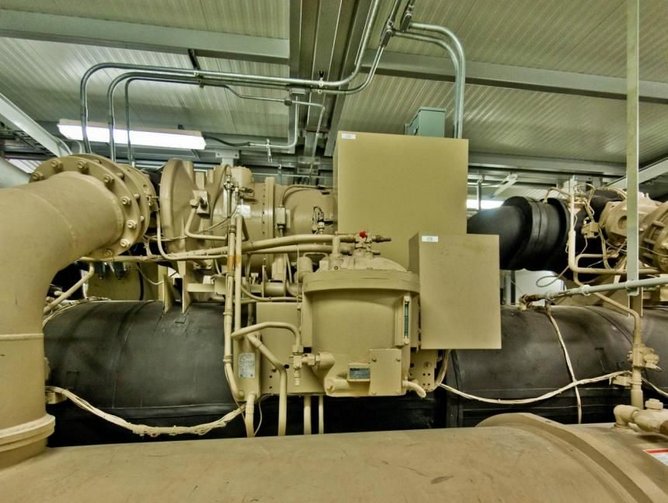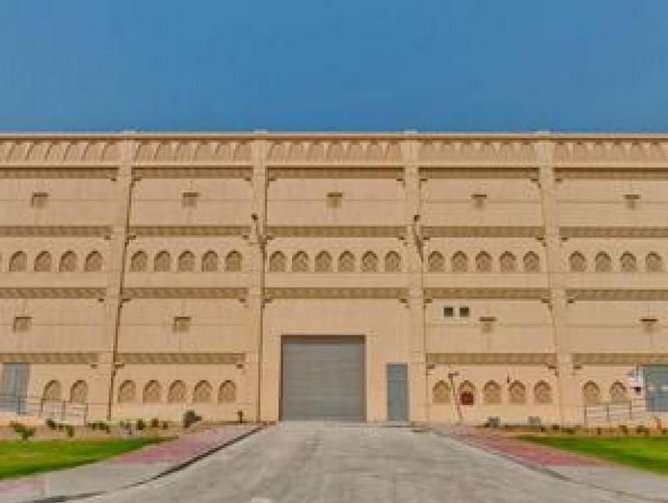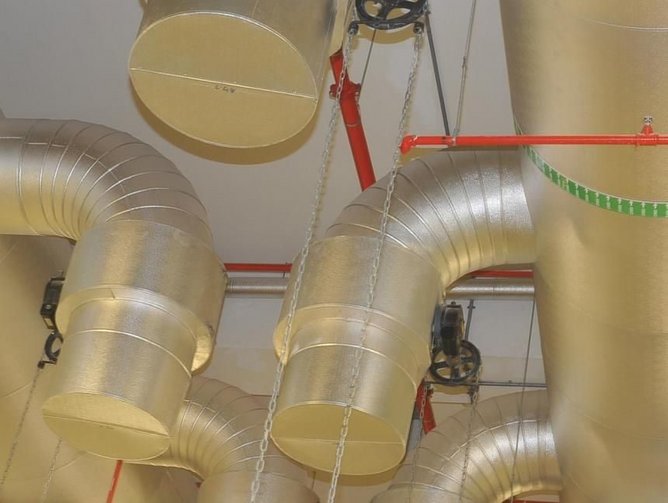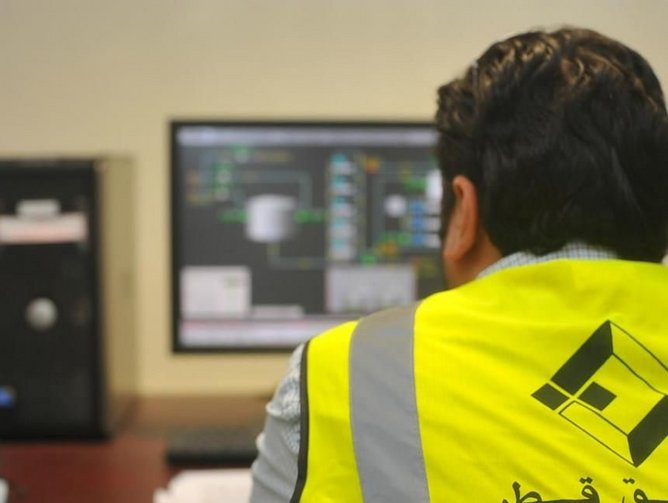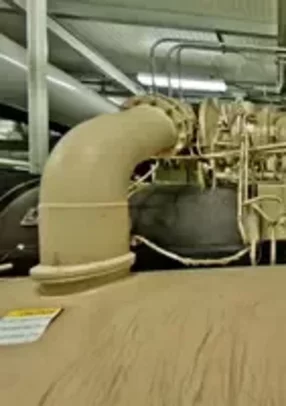As the company at the heart of the distributed cooling system for Lusail City, utilities services specialist Marafeq Qatar is playing a key role in building the infrastructure of one of the most exciting construction projects in the Middle East.
In addition to the cooling system, Marafeq is also building the city’s waste management and gas distribution networks. The company has been involved with Lusail since it was formed in 2009, and this dynamic regional player has rapidly established a reputation for its innovative and flexible approach to delivering technologies and services that will eventually be essential to more than 200,000 residents and businesses, as they move in to their state-of-the-art environment.
We spoke to CEO Ahmed Al Ammari and discovered that energy efficiency, cost effectiveness and environmental friendliness are the lynchpins of both Marafeq’s business strategy and its goals for long-term service delivery and maintenance in Qatar’s newest conurbation.
Population of Lusail City has already begun, and early residents are benefiting from what will ultimately be one of the largest district cooling systems in the world, costing QR 2.5 Billion (approximately $700 million).
In 2012 Marafeq became a wholly-owned subsidiary of Qatari Diar. CEO Ahmed Al Ammari said this move evolved from the realisation that the company’s value lay in its regional knowledge and understanding of the energy landscape – and the strength of its roots in Doha.
While its short history is inextricably linked with the rise of Lusail – including the stadium which will host the opening match of the World Cup in 2022 – it has also designed and built two cooling plants for one of Qatar’s other flagship projects, Barwa City, south of Doha.
Very much in the ascendancy, with a headcount of 120 and rising, Marafeq has much to offer skilled engineers in the energy sector looking for a new challenge in a global market. As Al Ammari explained, this attraction, combined with a focused head-hunting strategy, is helping to build a focused, energised workforce.
“We look for people with the right skills set from similar organisations all over the world,” he said. “They could be individuals with very good experience of working in the field. Sometimes, it can be very helpful if there is a big project moving to a closing stage, or if a slowing local economy means good engineers are looking to move on. They are attracted by the opportunity to work in one of the world’s most dynamic countries, for a young company, on an important project. And we can offer them every incentive to join us.”
Dubai has been one good source of well-qualified engineers with a knowledge of the region’s climate and environment, ready to try working in another of the Middle East’s major cities. However, Al Ammari said it remains a challenge to find people with knowledge of the latest technologies and designs in the utilities sector; and it is equally important to recruit a skilled salesforce to convince and educate clients and end-users about the benefits and favourable costs of new utility systems and services in a region where energy consumption is a major concern for residents and developers.
A district cooling system is, explained Al Ammari, the centralised management and machinery required to service the diverse needs of the area, producing chilled water and taking it to every building and residence in the neighbourhood. The alternative – individual internal systems – is expensive, and consumes more energy and water in an environment where both are at a premium.
“It is very hot in Qatar and air-conditioning is a huge aspect of any development,” he said. “In this part of the world, it accounts for more than 70% of power consumption. You need the latest technology to ensure that you have a sustainable approach, and district cooling is one of the most promising initiatives. We can offer a continuous, low-maintenance service rather than everyone having to manage their own separate cooling system.”
The advantages of working on a green-field project such as Lusail City have been considerable. Starting with the design management phase, moving into the project phase and now, entering the plant construction phase, Marafeq has been able to integrate new technology at the same time as phasing in services for early residents and tenants, and work closely with local suppliers, as well as selecting the best systems from the outset.
“Whether we are talking to the master developer or end-users of our services, there is a great benefit from being engaged throughout the full cycle of the project,” said Al Ammari. “They can see that they are dealing with a company that knows very well how to maintain the whole system from day-one. This will also be the case with our gas distribution network – an advanced concept that will be built around a central plant, initially using LPG [Liquefied Petroleum Gas], but ultimately moving to SNG [Synthetic Natural Gas] for domestic customers.
“There are very few developments of this kind in the country, and it gives us the chance to show how innovative we can be when it comes to anticipating the needs of end-users and developing the kinds of service that will satisfy them.”
Phasing systems and services at each stage of the project is the biggest challenge for Marafeq. On an implementation of this scope and scale, early customers must be able to start using part of a network that is under long-term construction long before it is complete – and the company has to satisfy service demands without compromising ongoing development.
“The challenges are not just technical, to do with the different sizes of plant,” said Al Ammari. “They are also commercial: making sure we are not overcharging, and we are ready to serve 1000s of customers even if we are only starting with ten!”
This is also aspect that is well served by Marafeq’s location in Doha. Al Ammari said that it is much easier to work in the environment of a developing country. Doha is not an old city consisting of legacy buildings and infrastructure; its relative youth makes it a prime market for rapid, cutting-edge development, and this effect is felt throughout Qatar, where green-field projects thrive on a good mixture of innovation and practicality.
“There are two key benefits we derive from our location,” said Al Ammari. “Firstly, many seminars are held in the city where energy and utility suppliers gather and talk about the latest developments. This gives us access to new technologies as they become commercially viable.
“Secondly, we benefit from close links between our engineering department and important research and development centres in the region, such as Qatar University. We have a good relationship with every research foundation in the energy sector, as well as with suppliers, which means that we can be confident that we will always be up to speed with the most innovative technologies. And that is essential when you are playing an important part in these mega-scale projects. We are also cooperating with Lusail Stadium to discuss its requirements for 2022 in terms of cooling.”
As a utility services company, Marafeq needs to be constantly looking ahead to new opportunities – particularly its flagship projects ease from design and construction into operation and maintenance, and revenues shift from infrastructure development to service delivery.
Planning ahead for a time, ten years down the line, when Lusail is fully populated and the World Cup has delivered its new champions after four intense weeks of international football, is crucial for the company’s long-term growth.
This is where the company’s waste management strategy comes into its own. While Marafeq’s services are already becoming operational at Lusail, Al Ammari said that as a concept, waste management is hardly developed at all in Qatar.
“This is an ideal situation for us as a company,” he said. “Waste treatment needs a lot of innovation in this country, and we have an opportunity to define service standards for recycling and sustainability that will give us a great platform to build on for the future.”
